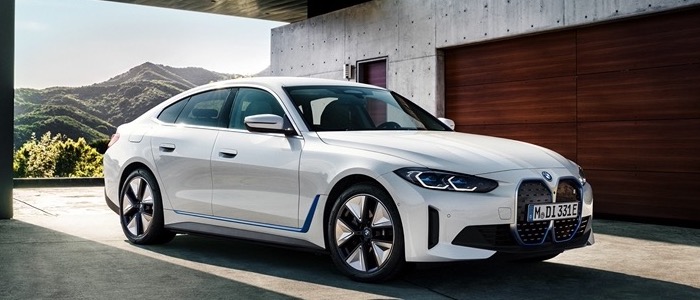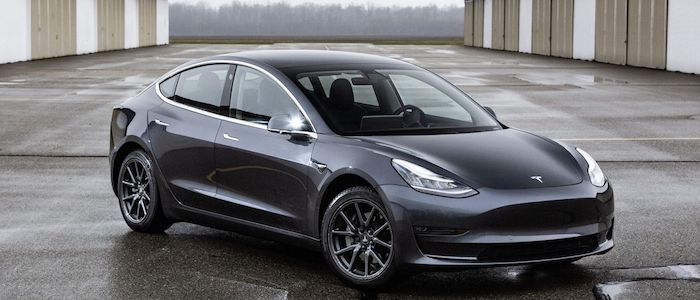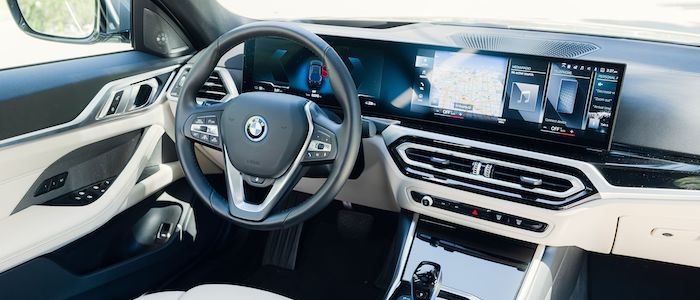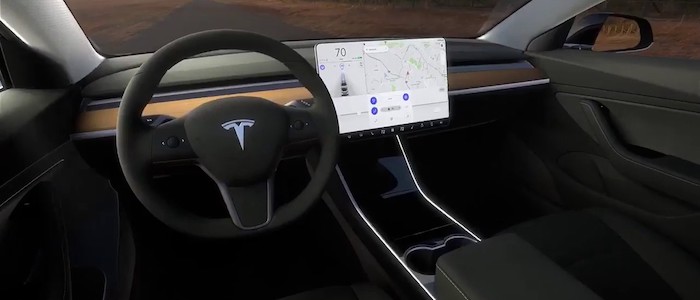Compare two cars
Compare any two cars and get our Virtual Adviser™ opinion
Dimensons & Outlines
Check vehicle history
Engine
Performance (manual gearbox)
Performance (automatic gearbox)
Expenses
Virtual Adviser's™ opinion
Two significantly similar cars, no doubt about that. Still, each one has something different to offer. Having both cars powered by electric engines and utilizing the 5-door hatchback body style within the same 'Large family car' segment, the only major difference here really is their wheel drive configuration (rear for the BMW and 4 x 4 in the case of the Tesla). The first one has a BMW-engineered powertrain under the hood, a IM Electric unit in formation 0 / 1 with 340hp unit, while the other one gets its power and torque from a PMSM Electric unit in formation 1 / 1 with 346hp engine designed by Tesla.
SafetyThe first thing to look into here would be the results from European New Car Assessment Programme (Euro NCAP) tests performed on the two cars. Good thing is that both vehicles got tested, with the Tesla being a slightly better choice apparently. That aside, let's consider some other aspects which affect safety. Both vehicles belong to the large family car segment, which is generally a good thing safety-wise, but it doesn't do much to help us decide between the two. Furthermore, if we'd like to consider vehicle mass in this context too, which we definitely should, the German car offers a considerable difference of 15% more metal.
ReliabilityManufacturers have been building their reliability reputation for decades now and, generally speaking, it appears that Tesla is significantly less fault-prone, when all the models are taken into account. These are the official statistics, while our visitors describe reliability of BMW with an average rating of 4.1, and models under the Tesla badge with 1.3 out of 5. Some independent research have also placed i4 as average reliability-wise, and Model 3 is more or less at the same level.We should definitely mention that owners of cars with the same powertrain as the German car rank it on average as 3.0 out of 5, exactly the same as the other one.
Performance & Fuel economyTesla is undoubtly more agile, reaching 100km/h in 1.3 seconds less than its competitor. In addition to that it accelerates all the way to 233 kilometers per hour, 43km/h more than the other car. When it comes to fuel economy things look pretty much the same for both cars, especially if you take into account all the free charging points provided by the manufacturer and/or the local government's environmental programs. One of the essential things to consider when it comes to this type of vehicles would be range, although here it's more or less the same, orbiting around 570 kilometers on a single charge.
Verdict
Tesla appears just a bit more reliable, although the difference is truly marginal. The most important thing when deciding between any two vehicles should always be safety, both passive and active. In this case though, it seems that both cars show similar levels of passenger protection all together, so that won't break a tie. But one thing that actually could is the performance, with Tesla outracing its opponent in any situation possible, making it better choice for boy racers. The American car offers somewhat better range. All together, there's not much more to say, in this case I wouldn't even consider anything but Tesla. Anyway, that's the most objective conclusion I could've came up with and it's based solely on the information found on this website. Aspects such as design, practicality, brand value and driving experience are there for you to measure them out. I suggest you spend two more minutes in order to find out which car, based on your needs and budget, would be picked by the virtual adviser™, among thousands of similar, yet so different vehicles.































